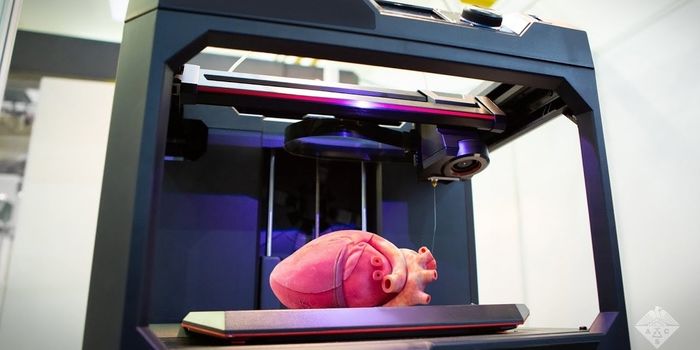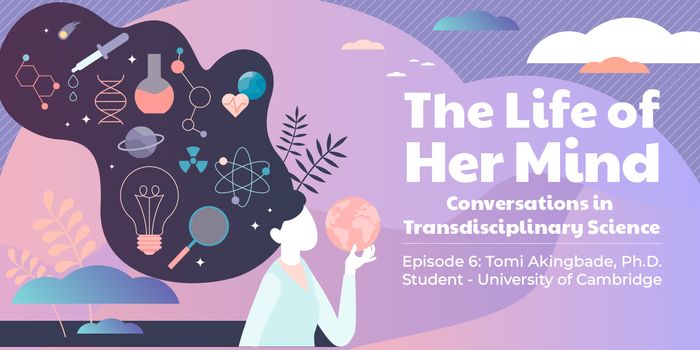Jealousy is a powerful emotion. When we feel threatened or think that someone else has something we deserve and want, it can bring on anger, fear and often, violence. Emotions are processed in the brain and jealousy is no exception. A study done in primates shows that this feeling of resentment and insecurity actually impacts the brain, so we humans are not the only ones who experience it. Some theories say that it's evolutionary, that to survive, early homo sapiens had to know what everyone else had. Those who were jealous enough to overpower their competition would then produce offspring with the same competitive traits.
Studying the whys and hows of an emotion like jealousy isn't easy in humans. When people self-report on feelings, they are not always truthful. Recent research with coppery titi monkeys. This species of primate is monogamous, so when researchers had male monkeys watch as they introduced an unknown male to the partners of these monkeys, the result was that the males became very agitated. Watching two unknown monkeys interact did not produce the same reaction. Brain scans done after the observations showed hormonal changes in the brains of the monkeys, with levels of cortisol and testosterone being increased. The study only looked at males, but it did show that jealousy, while complex emotionally, is also a physical reaction in the brain.








